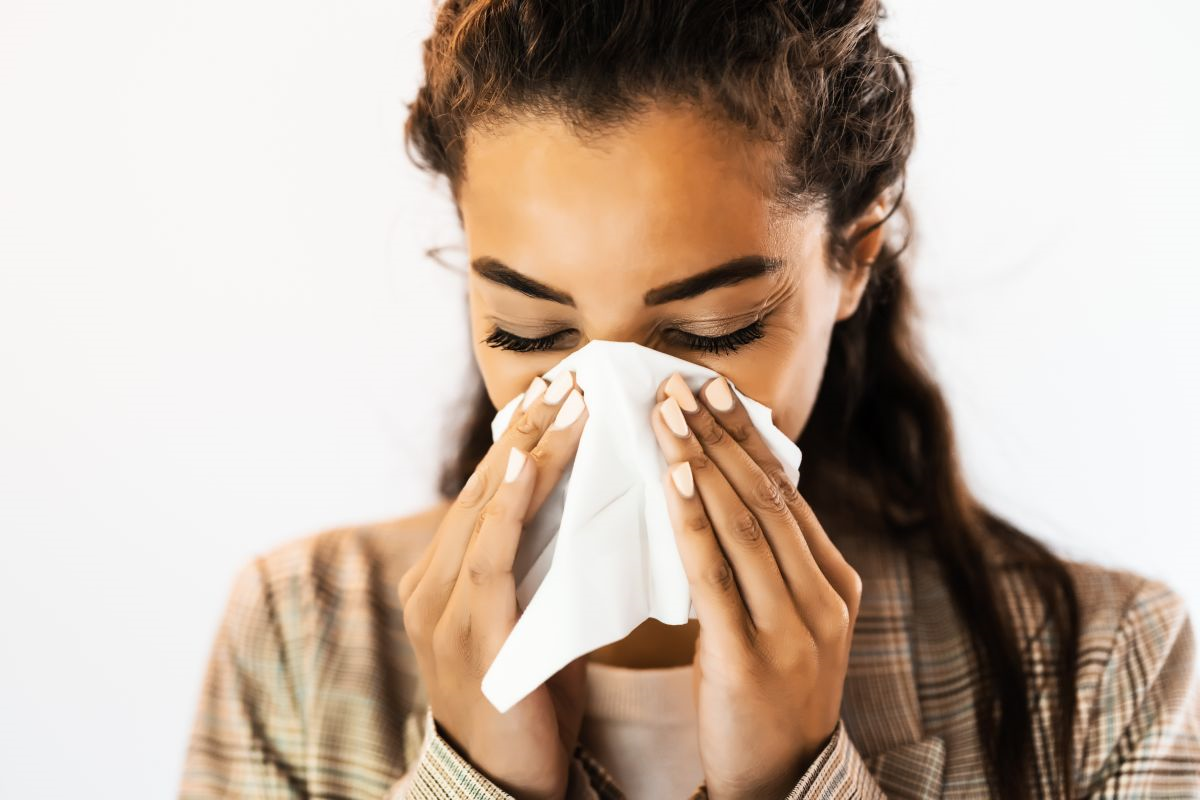General Health Tips & News
How Allergies Can Affect Your Overall Health
By M.M. (staff writer) , published on October 12, 2024

Medicine Telehealth Health Allergies
How Allergies Can Affect Your Overall Health
Allergies are a common condition that can significantly impact your overall health. They occur when the immune system reacts to usually harmless substances, such as pollen, dust mites, mold spores, pet dander, food, and insect stings.
While the symptoms of allergies are often associated with the respiratory system, they can affect various aspects of your health, leading to a wide range of complications. Below are some of how allergies can have an impact on the overall health of a person;
Skin Conditions
Allergies can also manifest as skin conditions. Contact dermatitis occurs when the skin reacts to allergens such as nickel, fragrances, latex, or certain plants like poison ivy.
This reaction results in red, itchy, and inflamed skin. Eczema, or atopic dermatitis, is another common allergic skin condition, especially in children. It causes dry, itchy, and inflamed patches of skin.
Hives, or urticaria, are raised, red, itchy welts that can appear anywhere on the body and are often a result of food or medication allergies. Chronic skin conditions can lead to discomfort, sleep disturbances, and increased susceptibility to skin infections.
Mental Health
The chronic nature of allergies can take a toll on mental health. Persistent symptoms such as itching, sneezing, and congestion can lead to frustration, irritability, and fatigue. Studies have shown that individuals with allergies are more likely to experience anxiety and depression compared to those without allergies.
The constant management of symptoms and the need to avoid allergens can also lead to social isolation and reduced quality of life. In children, allergies can affect concentration and academic performance, further impacting their mental well-being. Effective management of allergies is crucial to mitigate these mental health challenges.
Quality of Sleep
Allergies can significantly disrupt sleep quality, leading to sleep disorders such as insomnia and obstructive sleep apnea. Nasal congestion and postnasal drip, common symptoms of allergic rhinitis, can make it difficult to breathe comfortably at night, leading to frequent awakenings and poor sleep.
This lack of restful sleep can result in daytime fatigue, impaired cognitive function, and decreased productivity. Over time, chronic sleep deprivation can have serious health consequences, including an increased risk of cardiovascular diseases, diabetes, and obesity. Addressing allergic symptoms and maintaining good sleep hygiene are essential for improving sleep quality.
In conclusion, allergies affect many aspects of human life, including sleep deprivation, mental health, and various skin conditions. A person must identify their allergic conditions and seek proper medical assistance before they start to feel the effects on their bodies.
Sources
1. https://www.hopkinsmedicine.org/health/conditions-and-diseases/allergies-and-the-immune-system
3. https://www.jnj.com/health-and-wellness/this-is-your-body-on-seasonal-allergies
Find articles related to: Medicine Telehealth Health Allergies
More articles about General Health Tips & News
Back to the Health Tips Index




